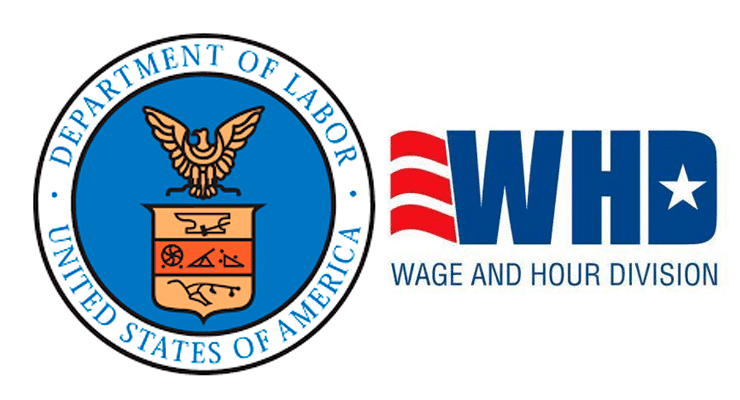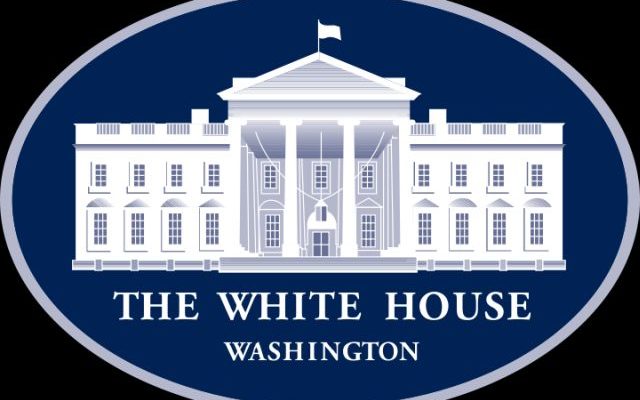BUSINESS INSIDER | Juliana Kaplan – Jan 16, 2023
- A new study looks at the impact of rolling back prevailing wage laws on wages and workers.
- Prevailing wage laws set pay standards for government contract workers, particularly construction workers.
- Rolling back the laws led to lower wage growth, and increased worker fatalities.
It turns out that getting rid of some minimum wage controls left workers earning less, being less productive, relying more on public assistance, and even facing a higher risk of dying on the job.
That’s according to a new study from the Illinois Economic Policy Institute (ILEPI) and Project for Middle Class Renewal (PMCR) at the University of Illinois at Urbana-Champaign. Researchers Frank Manzo, Robert Bruno, and Larissa Petrucci examine the impact of repealing prevailing wage laws — laws that essentially set minimum wages for construction workers on government contracts.
With the bipartisan infrastructure bill pouring billions of dollars into construction projects across the nation, the findings show that contractors in states that have repealed prevailing wage laws may face problems staffing up. Historically, prevailing wage laws have helped plug labor shortages, and contractors could have trouble competing with higher-paying competitors across the country.
Indiana, West Virginia, Kentucky, Arkansas, Wisconsin, and Michigan all repealed their prevailing wage laws between 2015 and 2018. Using data from the US Census Bureau and Department of Labor, the researchers looked at how construction workers fared as those laws were rolled back.
Those states saw their wages for construction workers drop. In Indiana, West Virginia, and Kentucky — the three states that fully repealed prevailing wage laws — average construction hourly wages were $23.94 before the laws were rolled back. By 2017, the average hourly wage was $23.77. Meanwhile, states with the laws in place saw wages grow by 12.2% in the same period.
“What prevailing wage does, it kind of standardizes and stabilizes the industry of a local market,” Petrucci said. “When you repeal that, what you have is contractors who are able to undercut wages and pay workers far below the training that they have developed to get these kinds of jobs. Naturally, you’re gonna see wages decrease.”










